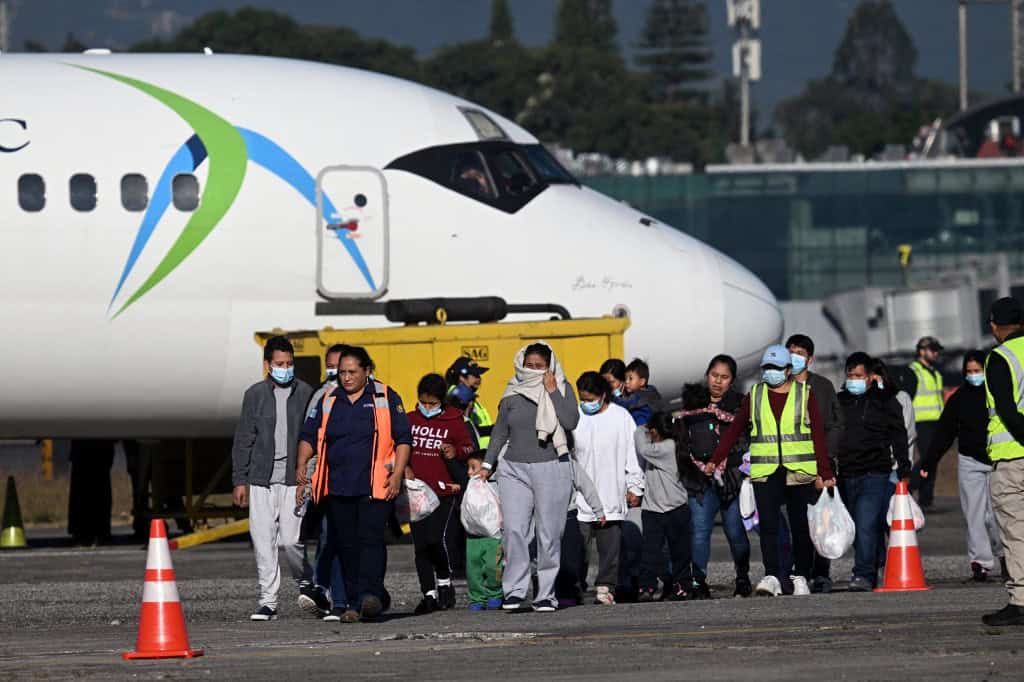RICO’s Q — A week ago, Costa Rica President Rodrigo Chaves took to the streets, gathering dozens of people in front of the Fiscalía General (Attorney General’s Office) to demand the resignation of the Fiscal General (Prosecutor), Carlo Díaz.
This march, led by Chaves was attended by people from various parts of the country, as well as his Cabinet and former government officials.
Former presidents described the action as regrettable, worrying, and also violates the constitutional precepts of respecting the separation of powers.
– Advertisement –
“I find it regrettable that in a country like ours, where we are accustomed to talking to solve problems, there is a march against the Attorney General,” said former president José María Figueres Olsen (1994 -1998), and son of José María Figueres Ferrer, who served as president in three periods. The younger Figueres ran against Chaves in the 2022 presidential elections.
For Figueres, what happened last week on the streets of downtown San José was not productive in any way, but it is part of the constant attacks on Costa Rican democracy.
“I am concerned about the systematic attempt to undermine the country’s institutions, the desire for confrontation between powers and attacks instead of seeking ways to reach an agreement,” he said.
Figueres added that what he found saddest is that “the march was sponsored by the government.”
Meanwhile, former President Luis Guillermo Solís (2014-2018) asserted that what happened Tuesday conflicts with Costa Rican law.
– Advertisement –
“I think anything that violates this constitutional requirement should be viewed with great care and restraint,” the former president stated.
“Tuesday’s event, to put it mildly, borders on the constitutional precept and should be a cause for citizen reflection so that we do not lose sight of the longer-term perspective of the country’s democracy,” he affirmed.
For his part, former president Miguel Angel Rodríguez (1998-2002) emphasized that Costa Ricans have the right to demonstrate in the streets, but he did not share the reason for Tuesday’s march.
“The reason for the march is another matter, and that’s where it pains me. I am concerned about holding a march against other powers,” said Rodríguez.
– Advertisement –
“It’s fine to hold a march to demand a change in legislation, to strengthen democracy, but I don’t approve of this objective,” he added.
Wheighing in on the President’s unconvential action was also former Attorney General Francisco Dall’Anese (2013-2010) who described Chaves’ request for Attorney General Carlo Díaz to resign as “unacceptable.”
Dall’Anese, who warned that this action violates the country’s legal and constitutional framework. “In this case, it is very clear that the president has dozens of pending cases under investigation by the Attorney General, and he is a defendant; he has that dual status,” the former prosecutor said in an interview with Interferencia, a UCR Radio production.
Dall’Anese emphasized that the removal of an Attorney General can only occur through a disciplinary procedure conducted by the Supreme Court of Justice.

What are the true motivations behind Chaves’ march?
Legislator Ariel Robles of the Frente Amplio party is leading the questions that nobody seems to want to ask. Not publicly anyways.
“At the march, I don’t doubt that many people were there in good faith. But you (Chaves) were there with your own interests: saving your skin and making electoral calculations! Please understand, Don Rodrigo, Doña Pilar: Please! Fewer and fewer people are being fooled!” the legislators published on his Facebook page.
Making things worse for the president is his own government, clarifying publicly that the destitution of the Attorney General is the responisbility of the Full Court and not the President, Rodrigo Chaves.
Casa Presidencial added that “our country’s constitutional order, the same one that the Attorney General and the institution he leads are tasked with overseeing and protecting, does not contemplate in any of its provisions the possibility of the Executive Branch removing him from office.”
“This clarification is likely unnecessary, but it never hurts to refresh certain very basic principles of the Costa Rican legal system, especially for an official of that rank,” Casa Presidencial concluded.
This follows the Attorney General’s statements to CNN en Español, in which he indicated that Chaves wants to remove him from office.
In the CNN interview, Díaz said that even if President Chaves asks for his resignation, he is willing to continue working together. The Attorney General asserted that the request is an affront to democracy that seeks to weaken powers and thus have a sympathetic Attorney General.
– Advertisement –
Source link
Rico



